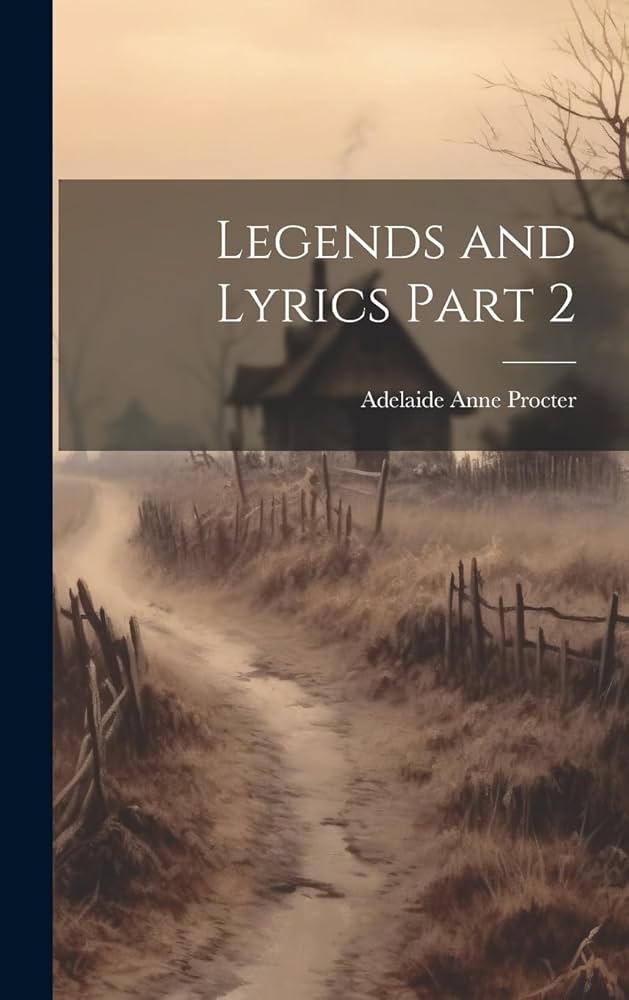VERSE: Optimus
byOptimus opens with a caution that speaks directly to the well-meaning heart—the kind of person stirred by the sight of undone work, by silence when action is needed, and by the weight of tasks that seem to have been abandoned. A voice, noble in tone but dangerous in intent, whispers that it is right to step in and take on what others have left behind. It presents itself as a call to heroism, dressed in selflessness, yet it carries within it the seed of imbalance. The poem reveals this temptation as subtle vanity, disguised as virtue. The assumption of another’s burden, though it may feel righteous, can disrupt a greater order. True goodness lies not in doing everything, but in helping others find their place in what must be done.
The verse offers a gentler, wiser alternative: to act not as a substitute but as a guide. Instead of overtaking another’s path, one is encouraged to awaken the rightful doer, to uplift rather than overshadow. This path requires patience, faith in others, and a deep understanding of shared purpose. By nurturing someone else’s strength, one performs a quiet kind of leadership—one that often goes unnoticed but never goes unfelt. The poem suggests that there is greater nobility in watching another rise because of your support than in standing alone at the summit. Encouragement, the verse implies, is not passive; it is an act of love and alignment with divine will. It allows space for others to grow, rather than filling that space with one’s own ambition.
The distinction drawn here is not about doing less, but about doing wisely. By aligning with one’s own responsibilities and inspiring others to embrace theirs, harmony is restored in action. The poem does not discourage initiative but warns against overreach that dismisses the divine orchestration of purpose. It recognizes that each person is assigned their own measure, and stepping beyond that, even with good intention, can cast shadows where light was meant to fall. There is humility in restraint, and in that humility lies real strength. To believe in another’s ability to carry out what is theirs is a quiet form of trust that elevates all. In doing so, we step away from glory for its own sake, toward something deeper.
The poem closes on a truth that resonates beyond the lines: when we trade the pursuit of praise for the joy of seeing others succeed, we touch something sacred. It tells us that real impact doesn’t always come from being seen or applauded, but from being the invisible root that strengthens the tree. One’s legacy, then, is not built on public recognition, but on lives quietly uplifted, on duties fulfilled because someone gave the right word at the right time. There is power in restraint, beauty in stepping aside when needed, and fulfillment in knowing that someone else stood taller because of your quiet encouragement. That, the poem asserts, is the heart of true service.
In a world that often rewards the loudest, fastest, and most visible efforts, Optimus offers a refreshingly countercultural truth. It asks readers to consider not how much they can take on, but how well they can inspire others to rise. This is a lesson not only in spiritual wisdom but in leadership and human connection. Empowerment, not dominance, creates lasting change. And it is often the unseen, uncelebrated efforts that leave the most enduring mark. The poem urges us to look not for the next task to claim, but for the next soul to encourage. There, it says, is where true greatness lives.
This message is both timeless and deeply relevant. In community, in family, in work, and in faith, we are often tempted to do for others what they must do themselves. Optimus gently redirects this impulse toward something more sustainable and respectful. When we lift others into their purpose, we honor not only them but the divine design that gave them their role. The reward is quieter, but far richer. It lives not in medals or mention, but in the flourishing of another. And that, the poem says without ornament, is the purest success of all.

